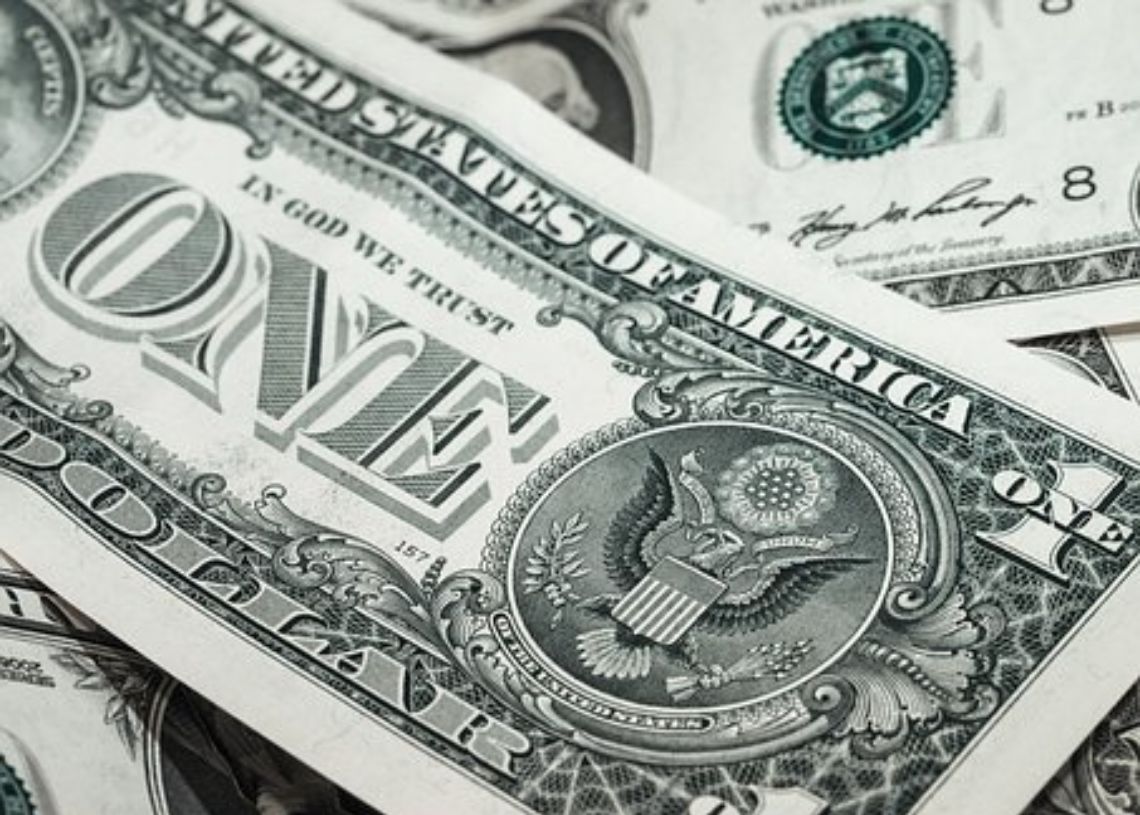A myriad of economic developments within the week has thrown investors’ into a perplexed state. The release of September’s CPI report and Britain’s political upheaval have contributed to this effect. But the most dazzling of all is the unrestrained escalation of the US treasury yield.
Treasury Yield Contract Sentiment
Friday saw the US treasury rapidly yield from its two-year note to its thirtieth boom. That followed the market’s first mention of fund rates hitting 5 percent by December. However, the US Federal Reserve has grown quiet of late, especially with its policy meeting slated for next week.
Patrick Harker, Philadelphia’s Central Bank Governor, reiterated that Fed would maintain its jumbo rates position. Meanwhile, the rate at which treasury yield skyrockets has raised concerns among investors. Some opined that China and Japan might resort to putting up some of their wherewithal.
The currency market is bearing most of the pain. Japan’s Yen and the Chinese Yuan continue selling off against the Dollar. On Thursday, the Yen peaked at a level that triggered the market’s attention.
A handful of banks attributed the scenario to Fed truncating its bond balance sheet. Therefore, raising opinions that the bank would have to tone down quantitative tightening in 2023.
Japan’s September Consumer Price Index rose to an eight-year high of 3 percent. Hence, it hinted at a need for the Bank of Japan to turn from its dovish monetary policy. Meanwhile, the Yen crashed to a thirty-two-year low, increasing importation costs.
USD/JPY traded near 151, breaking the psychological level 150 to 150.6. The currency has risen by 32% in the last twelve months.
Inflation Fears Attack Market Bias
On Friday, China’s coastal Yen hit a fourteen-year-low regardless of banks selling off the USD. On Sunday, Xi Jinping will reassume his position as China’s Head of State for the third time. Afterward, he will select his Politburo Standing Committee members from the Communist Party.
Furthermore, following the resignation of Britain’s Head of Government, Liz Truss, the Sterling and Euro soared. However, both currencies soon reverted to diving after making gains on Thursday. The Prime Minister who left her position had only served six weeks.
Ex-Prime Minister Boris Johnson and ex-Finance Minister Rishi Sunak aim to take over in her stead. However, that did not spark optimism among traders amid a negative market bias.
Household spending fell, seeing inflation skyrocket instead of decline. Also, retail sales figures got affected by the one-day hiatus following Queen Elizabeth’s passing. The UK’s borrowing increased beyond anticipated.
Tesla released its earnings on Wednesday. Unfortunately, the report, expected to bring joy, only darkened investors’ moods.
Following a no-income increment prediction, Snap’s stocks lost 27%. Consequently, tech companies such as Alphabet and Meta saw their shares decline from fears of increased inflation. Investors believe this could impact their revenues.
